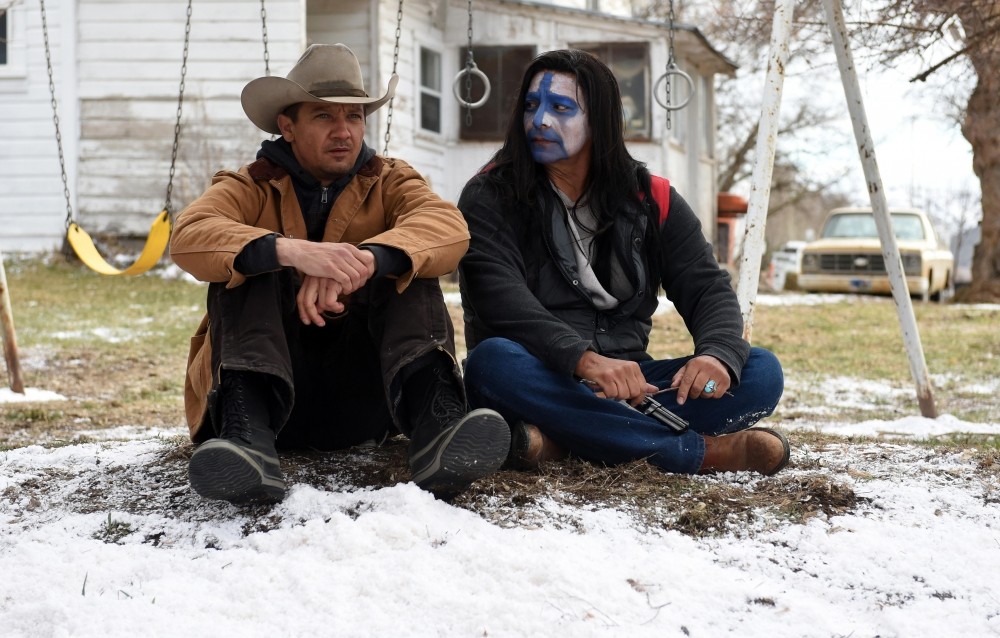
Ah, the prestigious Cannes Film Festival. Now in it 70th iteration, this year’s event saw companies like Netflix as well as television series jostling for prizes alongside the festival’s more traditional fare – international art house movies. Film and television expert Dennis Broe attended the event for Crime Fiction Lover, and here he reports back with five crime movies you should look out for.
These aren’t Hollywood blockbusters by any stretch, but if you’ve been enjoying international crime series on television, you’ll definitely be hooked in by them. Many of these films blend social critique with down-and-out characters, moments of insight and whipsmart storytelling. All wrapped up in a crime story… more or less. Ever watched an Indonesian murder movie before? Maybe now’s the time to start
5 – Directions (Bulgaria)
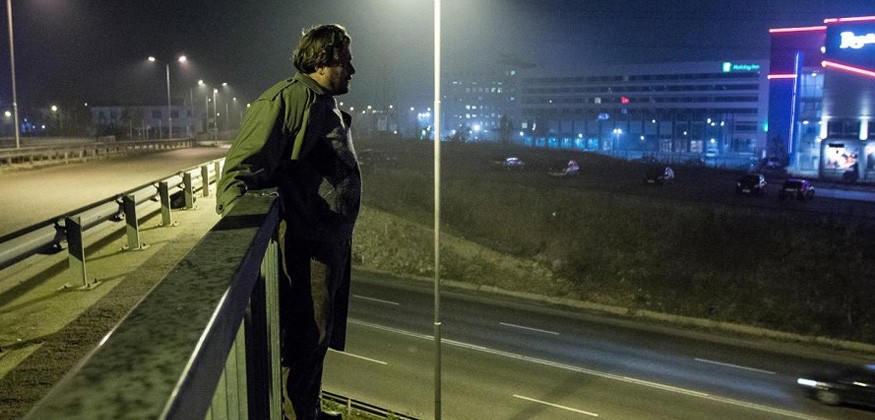
Posoki is the Bulgarian title of this film about the breakdown of social relations in Sofia during the post-Soviet, post-capitalist era. ‘Directions’ refers to the traversing of the capital by cab drivers whose series of mostly nocturnal encounters collectively describe a society in turmoil where fellow-feeling has collapsed. The film begins with a besieged driver, who has just lost his business and is indebted to the banks, dropping off his daughter at her high school and picking up another teen who claims to be going to see her grandmother but who is actually a prostitute at a luxury hotel, where she makes far more than the cabdriver. He shoos the girl out of the cab and then assaults the banker who has just doubled his debt in what is just the opening gambit of a series of humiliating encounters between bedraggled, worldweary but still basically honest drivers and the customers in the classes above who prey on them. With the drivers usually exploited and downtrodden, it’s something of a reversal on Taxi Driver.
4 – Marlina the Murderer in Four Acts (Indonesia)
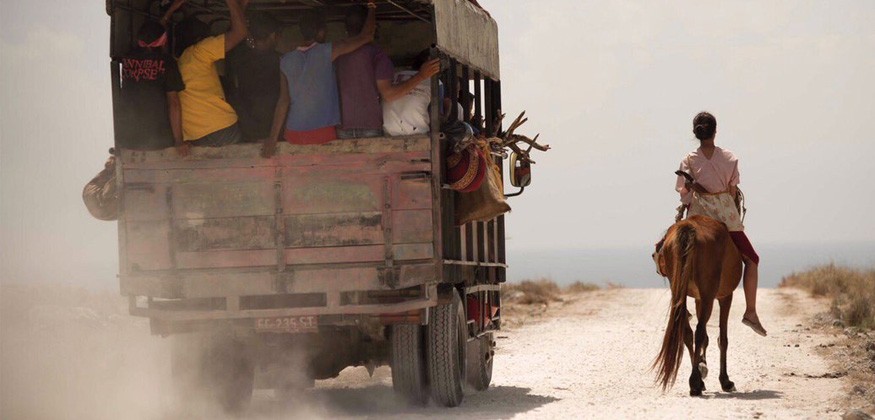
Feminine fight-back was a subtheme of the festival in this summer of Wonder Woman. This Indonesian film by Mouly Surya fuses the rich heritage of Indonesian folk tale – detailed so vividly in last year’s Beauty Is A Wound, Ika Kurniawan’s novel about a prostitute surviving Dutch, Japanese and Indonesian militias – with the style of a Spaghetti Western. The story is about a woman set upon by thieves who steal her property, and its set on the flat, arid plains of the island of Sumba, far from the usual tropical rainforest that most people associate with Indonesia. Marlina triumphs over the men, but that is only the beginning of her tale which features equally the awakening of a pregnant companion along the way. This struggle takes place in the face of the inert figure of Marlina’s mummified husband, no help in confronting wanton male energy in a cruel landscape where the human scale is reduced to a single horizon line in shots that signal the majesty of a major director emerging onto the world stage.
3 – A Ciambra (Italy)
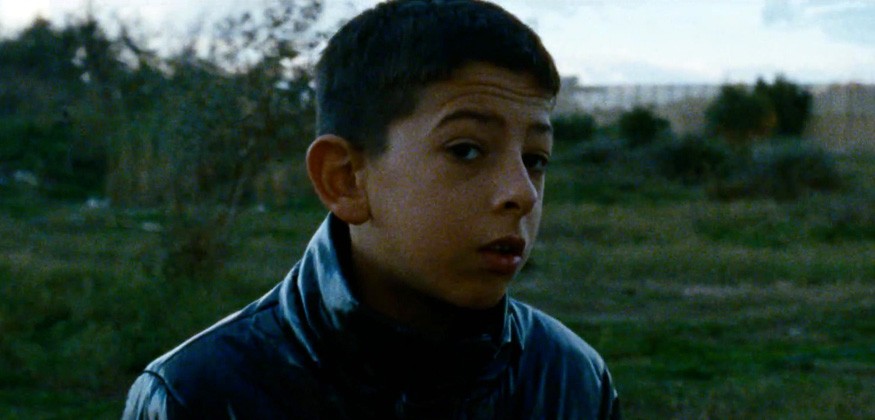
We’ve seen Gomorrah, the film and television series, and last year’s Cannes entry Fiore which was essentially Romeo in Juliet set in a Milanese prison. This year we have A Ciambra directed by Jonas Carpignano, with Martin Scorsese as executive producer. Shot and conceived in a starkly realistic style, it retells the story of a Roma boy’s bitter coming of age. It details Pio’s relationship with Khoudas Seihan, a Ghanian who befriends him. Pio must balance this friendship with the demands of his own clan, a rung just above the Africans, and the pressures of the dominant Italians who police the ethnic hierarchy of the migrant camps they inhabit. A Ciambra is a place in impoverished Southern Italy, and the film is a kind of multicultural updating of Scorsese’s own Mean Streets.
2 – Wind River (USA)
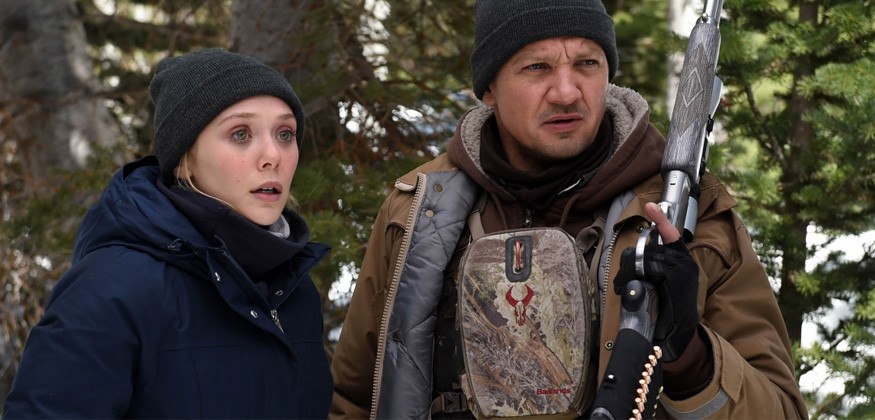 The rape and murder of an 18-year-old girl on a Wyoming Indian Reservation is the occasion for an examination of the inner lives of the people living there as well as an indictment of the contemporary forces that work against them. Investigating are expert hunter Jeremy Renner and inexperienced FBI agent Elizabeth Olsen, who were previously as Hawkeye and The Scarlet Witch in The Avengers, and the trail leads them to an energy company whose shadowy army of mercenaries impose themselves on the natives. This is a directorial debut for Taylor Sheridan, who wrote the script for last year’s Cannes entry Hell and High Water about righteous bank robbers in the impoverished Texas Panhandle. The concluding sequence of Wind River, with two Native American fathers – one in warpaint – attempting to assuage their sorrow and guilt, proves this to be more than just a capable crime film though it is certainly that in spades.
The rape and murder of an 18-year-old girl on a Wyoming Indian Reservation is the occasion for an examination of the inner lives of the people living there as well as an indictment of the contemporary forces that work against them. Investigating are expert hunter Jeremy Renner and inexperienced FBI agent Elizabeth Olsen, who were previously as Hawkeye and The Scarlet Witch in The Avengers, and the trail leads them to an energy company whose shadowy army of mercenaries impose themselves on the natives. This is a directorial debut for Taylor Sheridan, who wrote the script for last year’s Cannes entry Hell and High Water about righteous bank robbers in the impoverished Texas Panhandle. The concluding sequence of Wind River, with two Native American fathers – one in warpaint – attempting to assuage their sorrow and guilt, proves this to be more than just a capable crime film though it is certainly that in spades.
1 – Western (Germany)

From new German director Valeska Grisebach, this film how a German crew building a hydroelectric dam in Bulgaria colonise a nearby village. The main protagonist is an ex-mercenary whose service in Iraq and Afghanistan has left him with a disdain for violence and who attempts to forge relations with the villagers. The construction crew foreman, on the other hand, projects contemporary German economic might in a way similar to its Nazi past. “We were here 70 years ago, and now we’re back.” The legionnaire ultimately, and somewhat despite himself, begins to exhibit a more domineering manner and the film leaves open the question as to whether these cultural patterns can be transcended. The undercurrent of violence in the film is promoted not by the natives, as in say Straw Dogs, but rather by the modern colonialists who fly the German flag as a sign of their economic dominance.
Out of competition, but not out of mind…
The Villainess (South Korea)
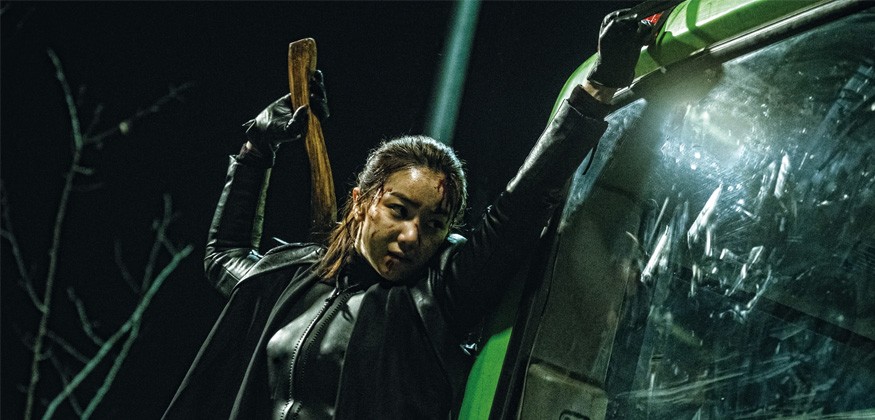
Though it wasn’t part of the festival, there is some wondrous bloodletting in this epic. Its subjective camera opening recalls the 40s noir movie, Lady in the Lake, and depicts the savage fighting skills of its gang-trained female assassin lead. She is then tamed and domesticated as she moves to a legitimate position inside a government security agency and falls for one of its operatives. Finally though, betrayed by both the agency and the gang, she exacts her revenge in a death-defying armoured car sequence that, along with the opening, is a tour de force settling of accounts for a whole cinematic and actual history of male violence against women. As she is cuffed by the police, the camera closes in on her and we watch a smile slowly cross her face, expressing her excitement at the power she is capable of wielding rather than revenge of the kind dished out in most male-oriented action movies.
Dennis Broe is the author of: Film Noir, American Workers and Postwar Hollywood; Class, Crime and International Film Noir; and Maverick or How the West Was Lost. His current book, to be published in 2018, is Hyperindustrialism and Television Seriality: the end of leisure and the birth of the binge.







Thanks for pointing the way to these great-sounding crime films! I never would have found them on my own. Can’t wait!
Luckily we had Dennis working on the ground for us in Cannes and he really knows his stuff. Glad you enjoyed the article.